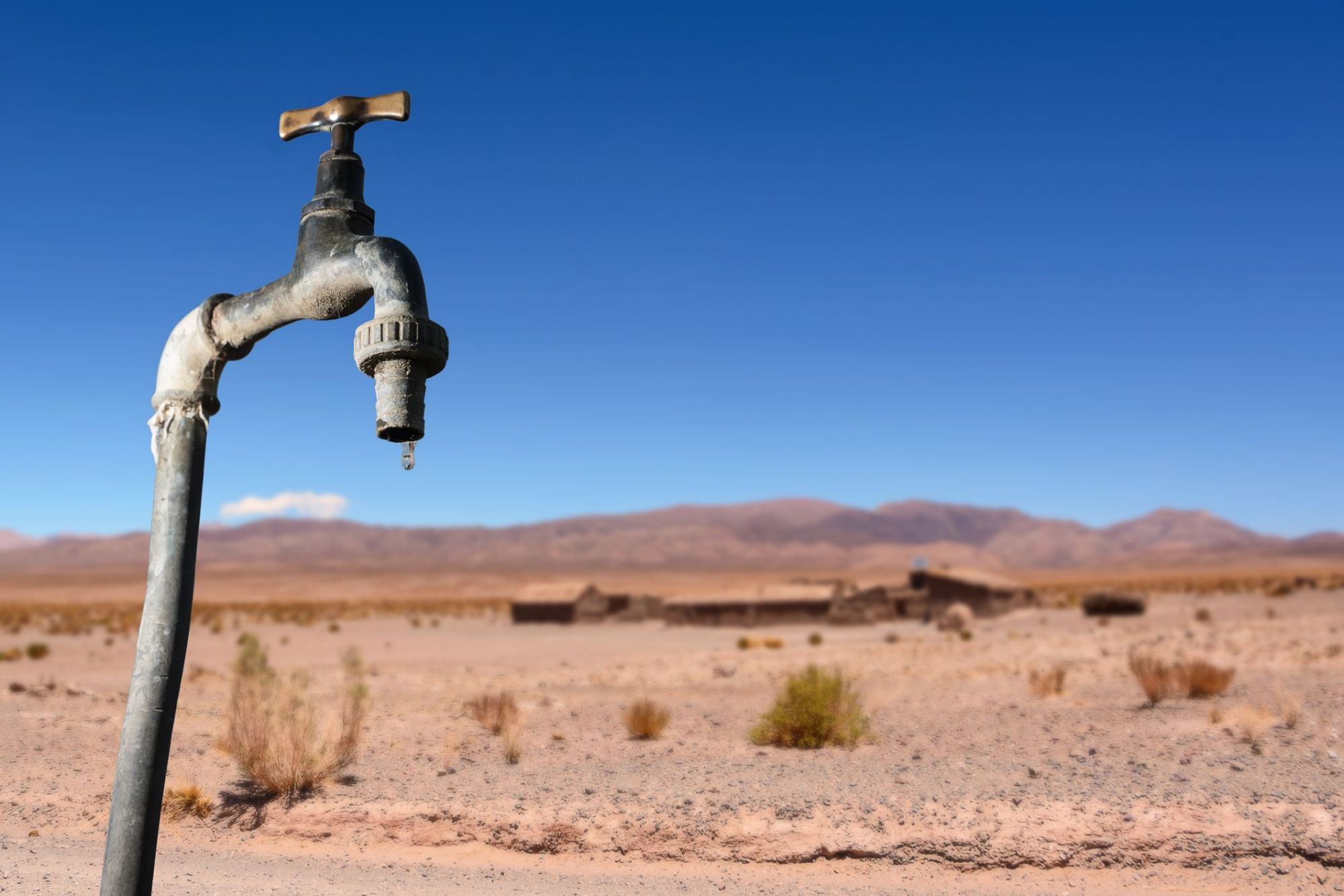Water has now officially joined the commodities like gold and oil in being traded on Wall Street as a Futures commodity.
It’s common to hear that water is essential for humans. But why? Because it’s essential for our survival. There have been multiple examples of climate change that is going on in the world, but if examples like wildfires ravaging California weren’t a clear enough sign for you to believe that the climate is changing, then consider this: Wall Street is about to start trading futures contracts on the state’s water supply. We are no climate change activists but it’s high time now, we should start taking climate change seriously.
Water in California is a traded commodity now. That means it can be traded now just like oil or gold. It’s a testament to how important water is in a state that’s suffering from droughts and wildfires. Wall Street is about to launch futures contracts tied to the price of water for the first time in US history. Water will be treated as a commodity and traded on Wall Street for the first time with market participants able to bet on or against potential water scarcity.
The Chicago-based global markets company, Chicago Mercantile Exchange (CME) Group first announced in September that it would soon offer contracts within California’s $1.1 billion spot water market, this week. Water has joined gold, oil, and other commodities traded on Wall Street. This deal is highlighting worries that the most-precious and life-sustaining natural resource may soon become scarce due to climate change.
What is a futures contract?
A futures contract is effectively an agreement to buy or sell an asset at a specific time in the future at an agreed-upon price. In the past, these contracts have been traded for things like oil, precious metals, and even food. However, it is important to note that these contracts will be financially settled in the event of a contract expiring. This means that, unlike other commodity-based futures like oil, you won’t get your hands on the water. You will instead be compensated in cash.
The contracts are the first of their kind in the US and are being created by CME Group Inc., the world’s largest futures exchange. They are intended, CME says, to both allow California’s big water consumers, like farmers and municipalities, to hedge against surging prices and can act as a benchmark that signals how acute water scarcity is becoming in the state and, more broadly, across the globe.
Investors can now bet on future of water prices in California:
Water has now officially joined the commodities like gold and oil in being traded on Wall Street as a Futures commodity. Water has never been traded this way before. The Wall Street brokers are ready to get rich from water scarcity. This prediction of future water prices is a unique mechanism for investors themselves and California to be able to at the very least understand and price the risk and potentially hedge the risk of water price volatility.
According to CME, “Water supplies have been tight for years in California, and large parts of Asia and Africa also face the potential of scarcity as temperatures rise. Almost two-thirds of the world’s population is expected to face water shortages by 2025.”
Before the future contracts came along, the buying and selling of water rights took place by allowing the holder to pump water from the ground or reservoirs, which only happened in the spot market. In dry years, when more water was required to grow crops and supply municipalities, the buyers were facing high prices and a lot of uncertainty. But these new futures contracts are meant to bring an end to the previous structure of water purchasing and this system is definitely going to add price transparency to the previously opaque market of water.
Water scarcity issue in the US:
The United States is the second-biggest consumer of water in the world, with California accounting for 9 percent of the nation’s daily consumption. California’s water market is four times larger than in any other state in the country. Water is also closely linked to several other United Nations-mandated Sustainable Development Goals and therefore managing scarce water resources is necessary for not only the US but across the globe.
With the launch of $1.1 billion contracts tied to water prices in California, the CME will launch the country’s first water market. It will allow farmers, hedge funds, and municipalities to essentially make wagers on the price of water and the likelihood of water scarcity.

